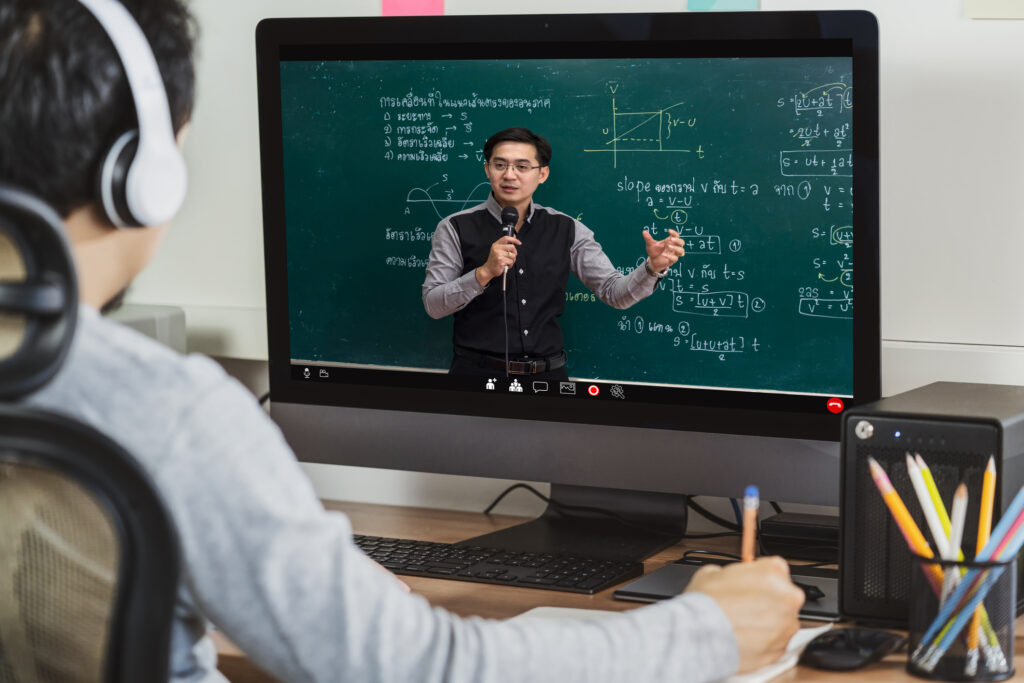By Kevin Bessler
A new survey shows parents are worried their kids are falling behind with their school work while remote learning as a result of the coronavirus pandemic.
A majority of Illinois school districts switched to all remote learning this fall as COVID-19 cases continue to rise across the state.
Conducted by OnePoll on behalf of CodeWizardsHQ, the survey showed 94 percent of parents are concerned about learning loss as a result of COVID-19-related disruptions.
According to parents, remote learning obstacles included bandwidth issues (54%), children missing the group interactions of in-person class (40%), and students being distracted by other things in their remote learning environment (39%).
But according to CodeWizardHQ’s CEO Jey Iyempandi, these online learning pain points pale in comparison to the medium’s potential for individualization.
“Personalization is the spice of digital learning, and learning preferences are as diverse as students themselves,” Iyempandi said. “From 1-on-1 to group settings, from independent study to lecture, different students learn differently.”
Barry Riley, superintendent of schools for District 87 in Bloomington, said he believes in-class instruction is best for students, and school officials are making plans to address any issues caused by remote learning.
“Those things will include conversations about an extended school year, summer school, early start to the school year, and providing some additional resources to kids in schools who may need that over the next several years,” Riley said.
This fall, the Illinois State Board of Education is working on a learning loss study with the Regional Educational Laboratory Midwest. The study is voluntary and districts participating sent several years of data for the state to analyze.
Of the state’s 852 districts, about 100 said they would participate.
“That size of a case study is not representative enough to draw conclusions,” State Superintendent Carmen Ayala told the board. “We need data so that our students today do not become the COVID-19 generation that is forever impacted.”
Originally published by The Center Square. Republished with permission.
